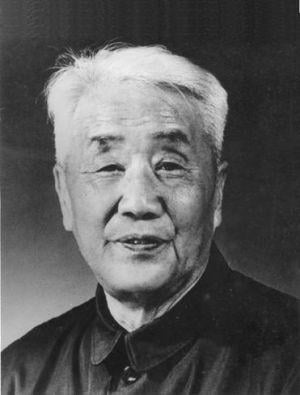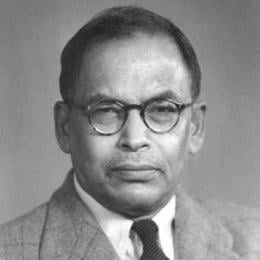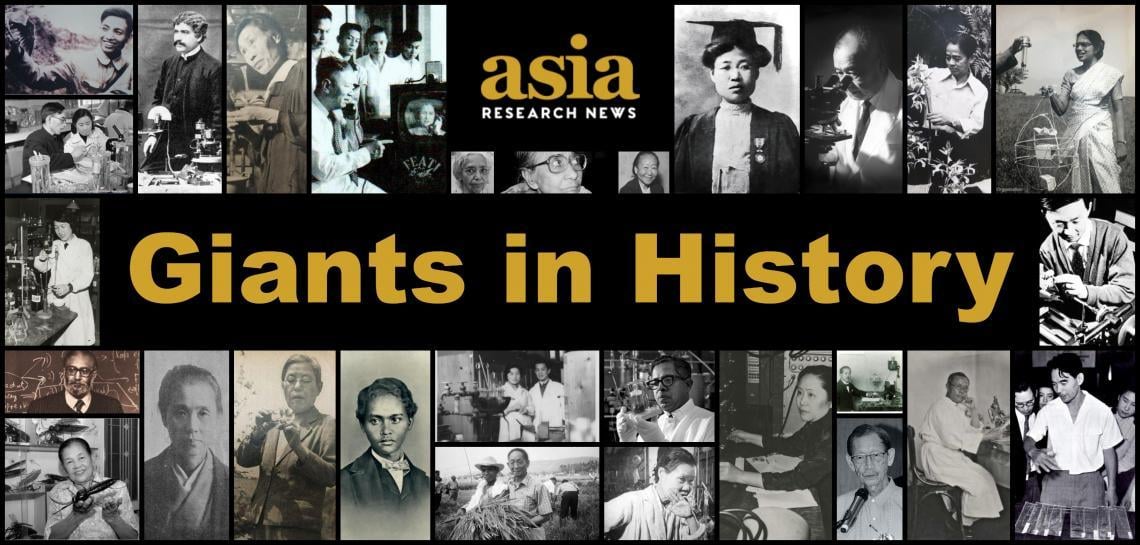A founding father of Chinese anthropology
Pei Wenzhong (19 January 1904 - 18 September 1982)
China

Chinese palaeontologist, archaeologist and anthropologist Pei Wenzhong (January 19, 1904 – September 18, 1982) is regarded as a founder of Chinese anthropology. After graduating from Peking University in 1928, Pei joined the project at Zhoukoudian to excavate the Peking Man, the fossilised remains of an extinct hominin species thought to be an ancestor of modern humans. Enduring difficult conditions at the excavation site, Pei recovered the first fossil skull of Peking Man while "working in a 40-meter crevasse in frigid weather with a hammer in one hand and a candle in the other.” Known for his willingness to work hard, Pei had few hobbies apart from his job. Besides the Peking Man, Pei also discovered and classified the small, extinct "Zhoukoudian wolf" (Canis lupus variabilis). In 1955, Pei was elected as a member of the Chinese Academy of Sciences and he became the first Chairman of the Chinese Association of Natural Science Museums. Among his several books is the first Chinese-language prehistory of China.






